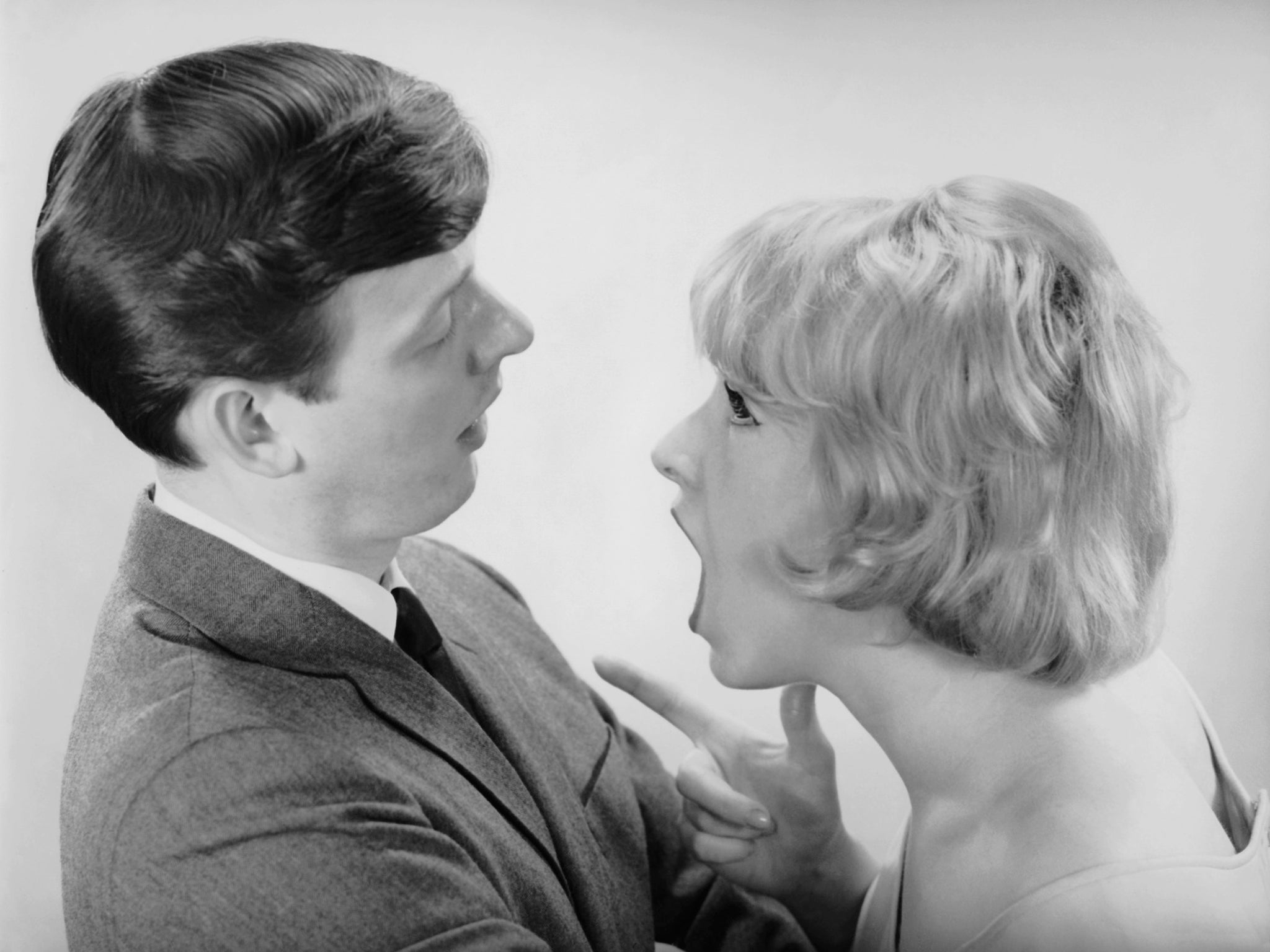How who you think is attractive is affected by your political views
Finding out that someone is of a different political party can influence perceptions of how that person looks

Earlier this week, I wrote about how often Republicans and Democrats marry across party lines. The data show that it’s not all that common — while three in 10 married couples are made up of people from different political parties, research shows, only one in 10 of those couples are a Democrat with a Republican.
Another piece of research that came across my desk recently might offer some clues as to why. A study published in the journal Political Behavior suggests that finding out that someone is of a different political party can influence perceptions of how that person looks.
"People are likely to see people from the other political party as less attractive, and we found that for both men and women," said Stephen Nicholson, the study's lead author.
The effect is due to something researchers call “in-group bias.” That means that people in a social or cultural group tend to evaluate members of their own group more positively and people outside of that group more negatively. Past research has suggested that these negative feelings arise especially under conditions where different groups are competing — like politics.
The study was carried out during the 2012 presidential election, part of a larger research project about political issues. Researchers showed a nationally representative sample of U.S. adults a photograph of someone of the opposite sex — either a “moderately attractive” male or female — accompanied by some various information about the person’s likes and interests, sometimes including whether they supported Barack Obama or Mitt Romney for president.
When they weren’t told about the political leanings of the person in the photograph, Republicans and Democrats found the person equally attractive. But when the survey respondent was told that person supported a different political candidate from them, men and women of both parties reported the people in the photographs as being less attractive.
Republicans found Obama supporters to be less attractive, while Democrats found Romney supporters to be less attractive. In addition, women were more likely to rate the person in the photograph as more attractive if they were of the same political party — though no such effect was found for men, as the graph below shows.

How attractive someone appears to be might seem like a trivial thing. But social science research suggests that it is more important than you might think. Past research has shown that attractive people enjoy a whole host of social benefits from their looks, including higher salaries and being viewed as more intelligent and trustworthy.
The researchers say further research is needed to show whether the findings are purely related to our romantic choices — or whether they have much broader implications about who we find appealing. "One of the things we don’t tease out in our studies is whether the effect is a general social judgment, or a romantic dating/mating judgment," Nicholson said. "There are all kinds of important life outcomes that can be affected by this sort of thing."
The results might stem from what scholars have called a trend toward “emotion-based or affective polarization” in the United States in recent decades. That basically means that the way people see themselves and others has become more slanted by partisan bias, with people viewing their own political party more favorably and outsiders less so.
Interestingly, scholars actually disagree about whether the United States has become more polarized in terms of the policies that people support in the past few decades, but they agree that political identities on the left and the right have gradually become more polarized. For example, opinion polls show that, over the last 40 years, people have steadily expressed more dislike of the opposite party. And it’s the view of the “out-group” — the opposite political party — rather than the view of the “in-group” — our own political parties — that has changed, research suggests.
"One of the things we’ve found is that your liking toward your in-party has remained relatively constant. So people aren’t expressing more like or love for their own party today compared to 30, 40, 50 years ago," Nicholson says. "But people are expressing greater dislike for the out-party."
The researchers say that people tend to have a more complicated relationship with their own party — some political parties in the U.S. are generally disliked, people tend to “halfheartedly identify with parties,” they say. But for most people, their antipathy toward the other party is much clearer.
Copyright: The Washington Post
Join our commenting forum
Join thought-provoking conversations, follow other Independent readers and see their replies
Comments
Bookmark popover
Removed from bookmarks